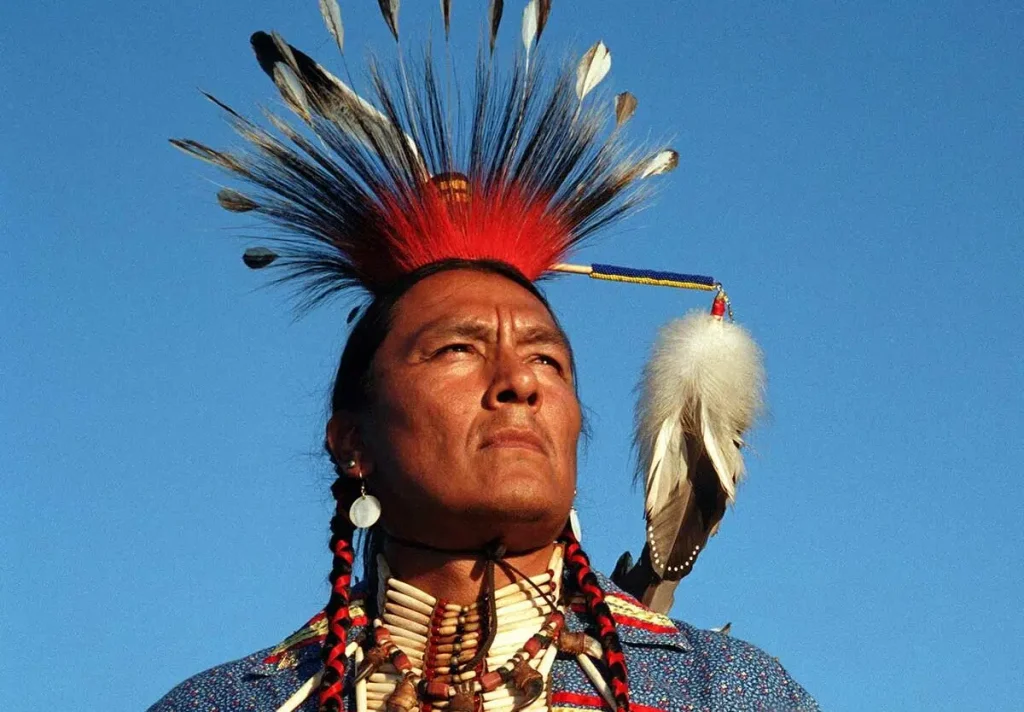In the realm of traditional practices and cultural heritage, native smokes hold a significant place. This article serves as a comprehensive guide, delving deep into the origins, cultural significance, types, and modern perceptions surrounding native smokes. From ancient rituals to contemporary practices, native smokes have traversed time, embodying the essence of tradition and spirituality.
Origins and Cultural Significance
Ancient Roots and Rituals
The roots of native smokes can be traced back to ancient civilizations where indigenous communities incorporated smoking rituals into their daily lives. These rituals were not merely recreational but held profound spiritual, medicinal, and social significance.
Spiritual Connection
Native smokes were often used in spiritual ceremonies and rituals to establish a connection with the divine, ancestors, or nature. The act of smoking was believed to carry prayers and messages to the spiritual realm, fostering harmony and balance within the community.
Medicinal Properties
Beyond spiritual significance, native smokes were also valued for their medicinal properties. Indigenous healers utilized various herbs and plants in smoking blends to treat ailments, alleviate pain, and restore health.
Types of Native Smokes
Traditional Tobacco
Tobacco holds a central place in many indigenous cultures, where it is revered as a sacred plant. Traditional native smokes often feature tobacco as the primary ingredient, symbolizing respect for the land and ancestral traditions.
Herbal Blends
In addition to tobacco, native smokes may include a diverse array of herbs and plants, each chosen for its unique properties and significance. Herbal blends are carefully crafted to evoke specific sensations, promote relaxation, or enhance spiritual experiences.
Ceremonial Mixtures
Ceremonial native smokes are meticulously prepared for special occasions such as weddings, births, and initiations. These blends are imbued with cultural symbolism and are central to traditional ceremonies, marking important milestones in the lives of community members.
Modern Perceptions and Practices
Cultural Revival
In recent years, there has been a resurgence of interest in native smokes as indigenous communities reclaim and celebrate their cultural heritage. Efforts to preserve traditional practices and knowledge have led to a renewed appreciation for the spiritual and medicinal aspects of smoking rituals.
Environmental Awareness
With growing concerns about the impact of commercial tobacco production on the environment and public health, many individuals are turning to native smokes as a sustainable and eco-friendly alternative. Indigenous practices emphasize the importance of respecting the land and cultivating a harmonious relationship with nature.
Legal and Social Issues
Despite their cultural significance, native smokes continue to face challenges related to regulation, stigma, and commercialization. Indigenous communities advocate for greater recognition of their rights to traditional tobacco use and the protection of sacred smoking practices.
Embracing Tradition in the Modern World
As we navigate an increasingly complex and fast-paced world, the timeless wisdom of native smokes offers a source of guidance and inspiration. By honoring the traditions of indigenous peoples, we can cultivate a deeper connection to the land, our ancestors, and each other.
In conclusion, native smokes embody the rich tapestry of indigenous cultures, weaving together spiritual, medicinal, and social dimensions into a holistic practice. As we explore the origins, types, and modern perceptions surrounding native smokes, we gain a deeper appreciation for the diversity and resilience of indigenous traditions.








